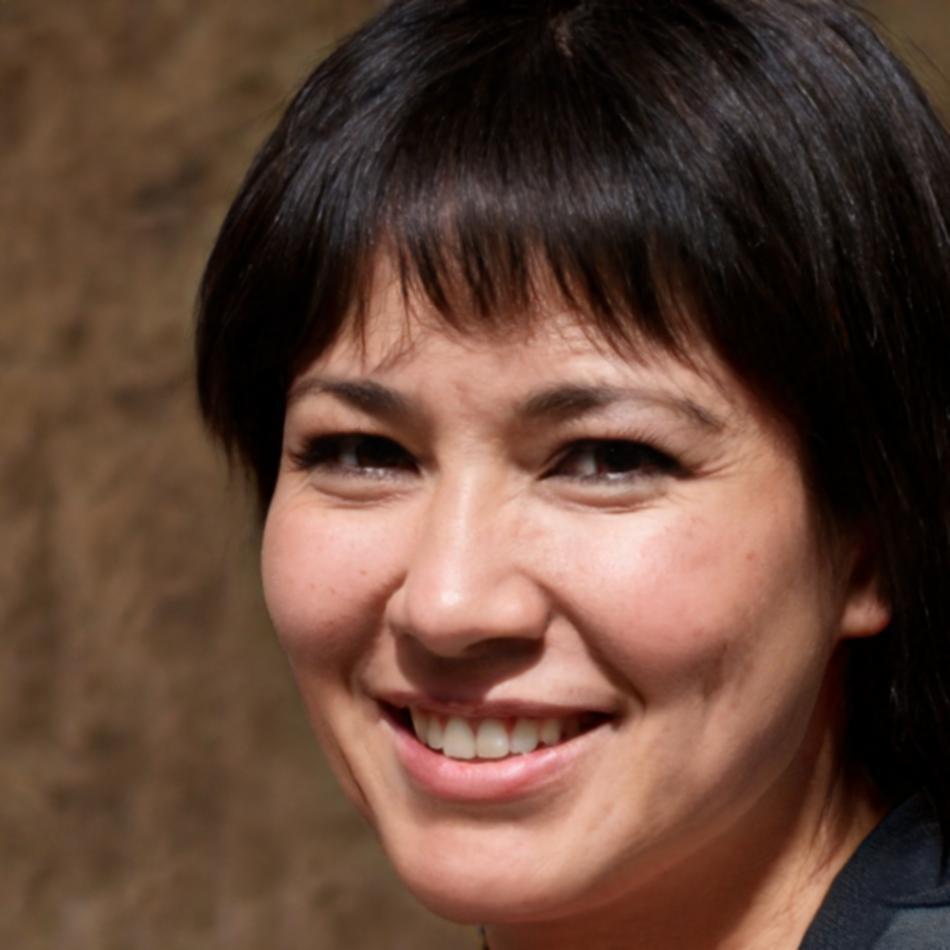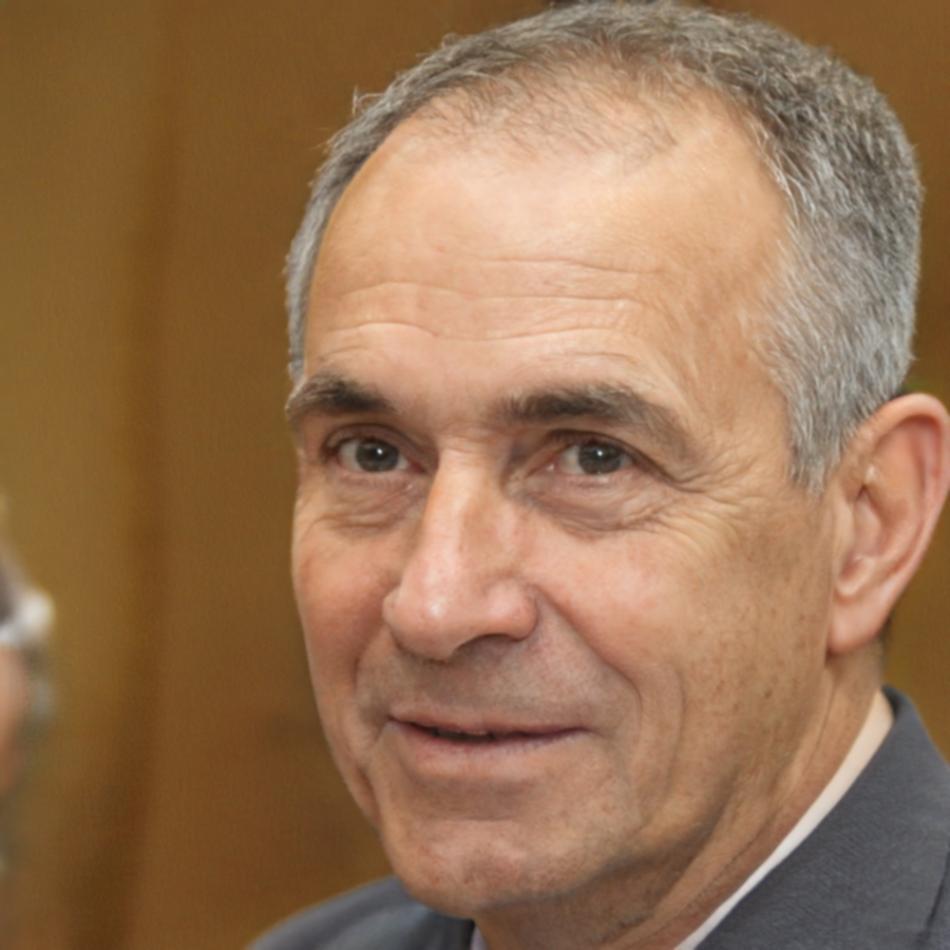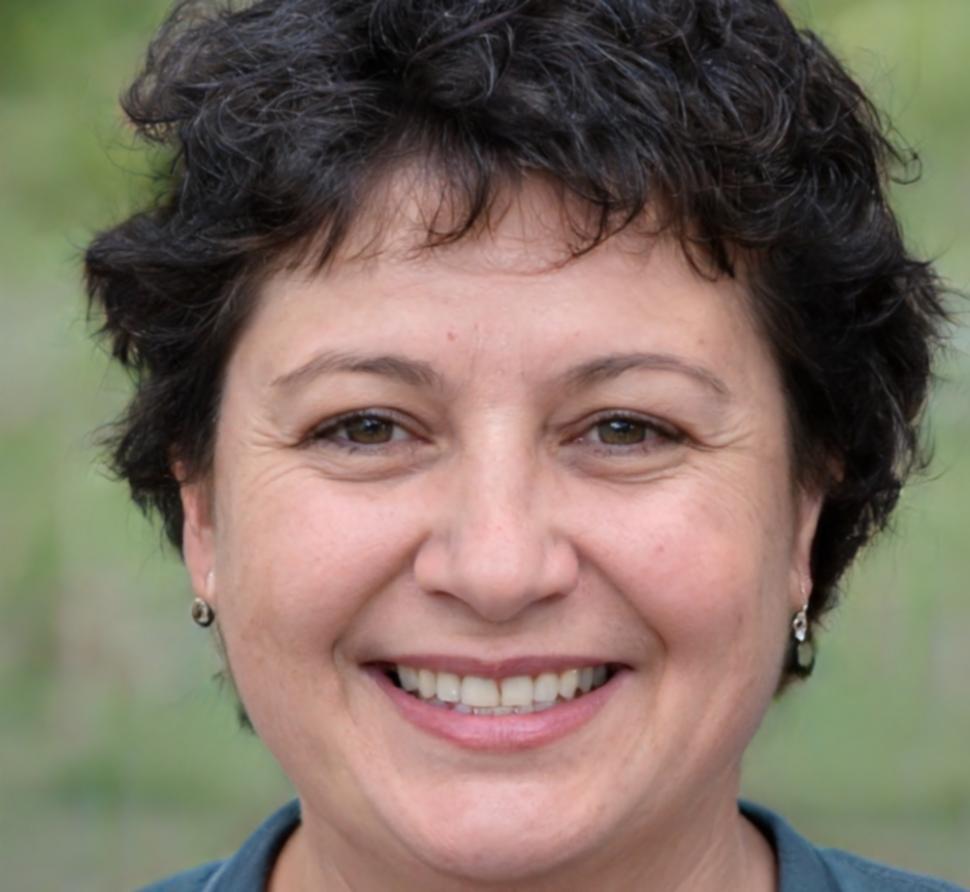Master Your Money in Six Months
Real skills for real budgets, starting September 2025
Most people don't need another finance theory lesson. They need practical methods for tracking expenses, building emergency funds, and actually sticking to a budget. Our program cuts through the noise and focuses on what works for everyday life in Thailand and beyond.
Request Program DetailsWhat You'll Actually Learn
We built this around the questions people actually ask when their finances feel messy. Each module solves a specific problem, from understanding where your money goes to planning for bigger goals without panic.
Foundation Setup
Weeks 1-4
- Building your first digital budget system
- Tracking daily expenses without obsessing
- Identifying spending patterns you didn't know existed
- Setting up automation that actually helps
Strategic Allocation
Weeks 5-10
- Dividing income across needs and wants realistically
- Creating emergency funds that match your life
- Planning for irregular expenses before they hit
- Adjusting budgets when income fluctuates
Debt Management
Weeks 11-14
- Understanding which debts to tackle first
- Building payoff plans that fit your budget
- Avoiding new debt while clearing old debt
- Negotiating better terms when possible
Savings Strategy
Weeks 15-18
- Setting goals that motivate instead of intimidate
- Choosing savings vehicles for different timelines
- Balancing present needs with future plans
- Tracking progress without losing momentum
Long-Term Planning
Weeks 19-22
- Retirement planning basics for any age
- Insurance coverage that makes sense
- Major purchase preparation methods
- Creating financial buffers for life changes
Ongoing Maintenance
Weeks 23-26
- Monthly review systems that take 15 minutes
- Adapting budgets as life evolves
- Handling financial setbacks without panic
- Building habits that stick after the program ends
Learn From People Who've Been There

Praewphan Limsakul
Personal Finance Strategist
Spent eight years helping Bangkok families restructure budgets during income transitions. Praewphan specializes in expense tracking for freelancers and people with variable income, because she lived through that chaos herself before finding systems that worked.

Somchai Rattanakosin
Debt Recovery Coach
After clearing 280,000 baht in credit card debt over four years, Somchai now teaches the debt snowball method he used. His approach combines aggressive payoff strategies with realistic lifestyle adjustments that don't make you miserable in the process.

Narin Chaisri
Emergency Fund Specialist
Narin built her first six-month emergency fund while earning 22,000 baht monthly, proving it's possible with the right approach. She now focuses on helping others create financial buffers that protect against job loss, medical emergencies, and unexpected expenses.
Fall 2025 Cohort Timeline
We're running the next group starting September to give everyone time to prepare. The six-month format lets you implement changes gradually instead of trying to overhaul everything at once.
Application Period
June 1 - August 15, 2025
Submit your interest form and schedule a brief call to discuss your current financial situation and goals.
Program Launch
September 8, 2025
Orientation week covers platform setup and introduces you to the cohort group where you'll share progress throughout.
Core Training
September - January 2026
Weekly lessons with monthly group calls to troubleshoot challenges and celebrate wins as you implement each module.
Graduation Review
February 28, 2026
One-on-one session to assess your progress, refine your ongoing system, and plan next steps for continued growth.

What Past Participants Say Changed
We asked graduates from our 2024 cohort what actually shifted after six months. Here's what came up most often, in their words.
Reduced Financial Anxiety
Knowing exactly where money goes each month eliminated the background stress that used to hit before checking bank balances. Several participants mentioned sleeping better once they had clear visibility.
Emergency Fund Progress
Most graduates built buffers between one to three months of expenses during the program. Not everyone hit six months, but having any cushion changed how they handled unexpected costs.
Debt Reduction Momentum
Participants with credit card debt typically cleared 30-40% of balances by graduation. The focused approach helped them make consistent progress without feeling deprived.
Smarter Spending Choices
Understanding spending patterns led to more intentional purchase decisions without strict restrictions. People found they naturally questioned impulse buys once they saw the bigger picture.
Goal Clarity
Moving from vague hopes to specific timelines and amounts made savings feel achievable. Graduates mentioned finally understanding what they're saving for and when they'll get there.
System Sustainability
The review habits built during the program continued for most graduates six months after completion. Having simple systems made maintenance feel manageable instead of overwhelming.